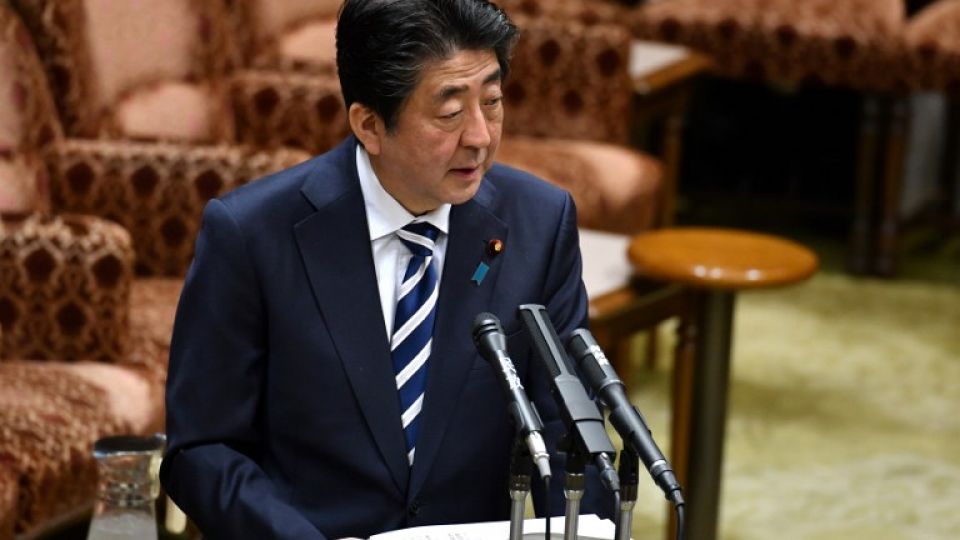February 15, 2019
The body will scrutinize financial dealings by tech giants.
The government is finalizing plans for a new organization dedicated to comprehensively monitoring the business dealings of large IT companies and formulating policies to ensure transparency in their practices.
The new regulator will be established as early as this autumn inside the Cabinet Secretariat.
The Fair Trade Commission likely will be able to conduct unannounced checks on these companies based on information collated by the new organization.
The new body also will consider legislation pertaining to fair business transactions involving large IT companies.
On Wednesday, Prime Minister Shinzo Abe instructed a meeting of the Council on Investments for the Future to consider how such a specialist organization should operate.
During the meeting held at the Prime Minister’s Office, Abe called for the establishment of a system free of the vertical divisions among government bodies, which would make it possible to respond swiftly and with expertise to coordinate competition policies in digital marketplaces.
The prime minister chairs this council.
At the forefront of the government’s mind is GAFA — the four U.S. companies of Google, Apple, Facebook and Amazon.com.
While these huge companies offer useful services including online shopping and searches, they are crafting an oligopoly in these markets partly due to the personal information they have accumulated.
The new organization’s secretariat will be formed from staff seconded from the commission and the Economy, Trade and Industry Ministry, as well as experts in law, information engineering and other fields.
The government decided that responding to rapidly changing digital markets “would be difficult using only the expertise of existing government regulatory authorities,” a government source said.
In addition to checking whether there are any problematic practices conducted by the large IT companies, the new organization’s functions are expected to include drawing up guidelines and formulating legislation.
It plans to consider a legal framework designed to make their business transactions more transparent, such as by requiring them to disclose important contract conditions. Its structure also will make regulations more effective through surprise checks by the commission.
The new organization also will launch measures in situations when a large IT company purchases a start-up company expected to grow at an early stage and strengthens their dominance by monopolizing data.
A data oligopoly created through the acquisition of startups became a major issue when Facebook bought major messaging app WhatsApp in 2014 for about ¥2 trillion.
At Wednesday’s meeting of the Council on Investments for the Future, attendees also discussed the necessity of preparing Antimonopoly Law guidelines and other steps that would allow the Fair Trade Commission to quantify market dominance based on the value of data when it examines the merits of a business merger.
EU sets an example
In 2018, the European Commission — the European Union’s executive arm — established the Observatory on the Online Platform Economy, which started operating in autumn.
It engaged the services of lawyers and university professors from across Europe who were experts in information technology and economics, and initially plans to start work on analyzing contracts involving the large IT companies.
However, moves toward stricter regulations in Europe also have only just started. If the rules are tightened too much, such moves could compromise user convenience.
Japan’s government is preparing to move ahead with the necessary legal framework and other steps, while using the developments in Europe as a reference.


